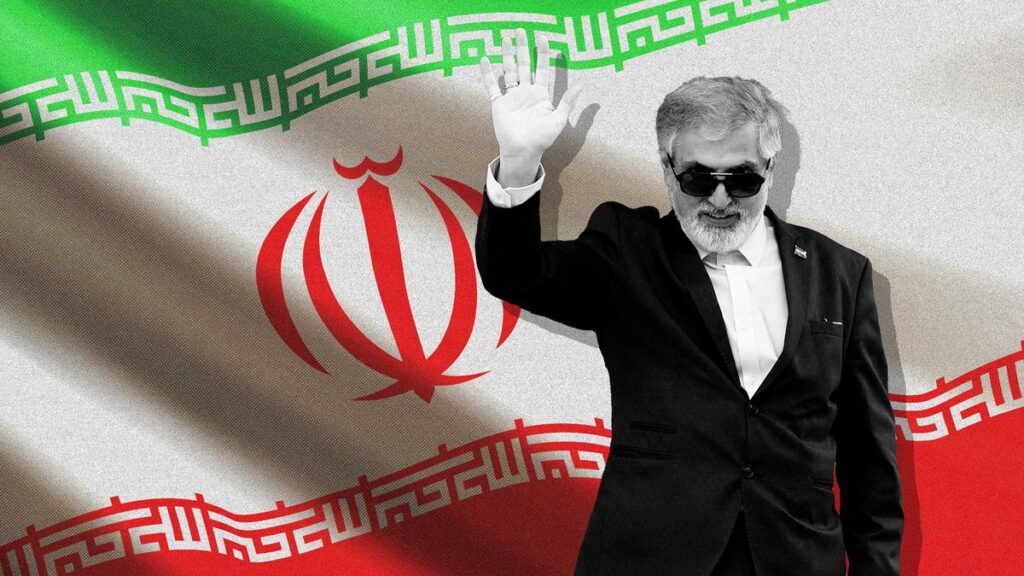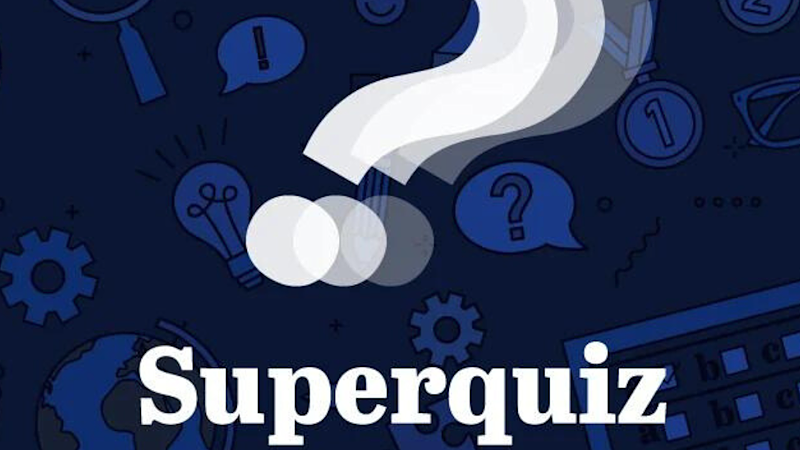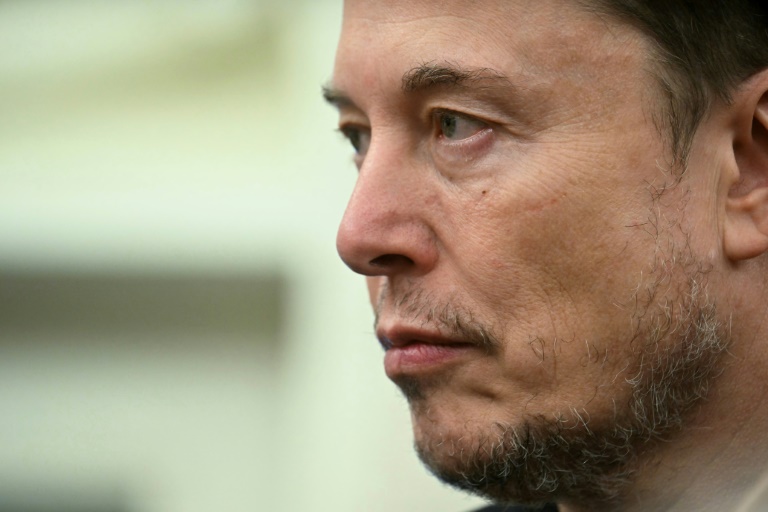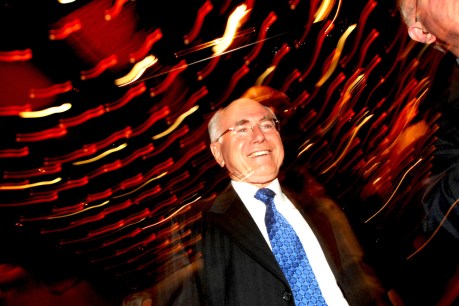
Iran
The international community is being called upon to maintain pressure on Iran regarding its nuclear program. Following recent discussions among global leaders, there is a consensus that simply reaching a temporary resolution is not sufficient. Key players emphasize the need for ongoing dialogue and enforcement of existing agreements to ensure Iran’s compliance.
Context of Ongoing Negotiations
The backdrop to these discussions is Iran’s fluctuating adherence to the 2015 nuclear agreement, formally known as the Joint Comprehensive Plan of Action (JCPOA). Iran has made substantial advancements in its nuclear capabilities over the past few years, raising significant concerns among Western nations. The United States and European Union have been particularly vocal, stressing that a strong and unified approach is essential to prevent Iran from developing nuclear weapons.
In March 2024, the International Atomic Energy Agency (IAEA) reported that Iran had enriched uranium to levels closer to weapons-grade, an alarming development that has prompted renewed calls for action. The IAEA’s findings highlight the urgency of the situation, with many experts warning that Iran’s nuclear program poses a direct threat to regional stability.
The Role of Global Leadership
During a recent summit, leaders from the United Nations and various countries emphasized that now is not the time to become complacent. They underscored the importance of sustained diplomatic efforts and sanctions tailored to curb Iran’s nuclear ambitions. This sentiment reflects a broader understanding that the struggle for a comprehensive solution is ongoing, rather than a completed chapter.
The United States has indicated its readiness to engage in further negotiations, contingent on Iran’s willingness to return to full compliance with the JCPOA. Meanwhile, the European Union is working to facilitate dialogue, aiming to bring all parties back to the negotiating table.
As global leaders continue to navigate this intricate issue, the focus remains on ensuring that Iran adheres to its commitments. With the potential for further escalation, there is a clear recognition that the diplomatic efforts must be both robust and persistent. The stakes are high, and the consequences of inaction could be dire.
In conclusion, while recent actions may signify progress, the situation remains fluid. The international community must remain vigilant and proactive in addressing the challenges posed by Iran’s nuclear ambitions. The path forward requires cooperation, clear communication, and a commitment to uphold international agreements.







